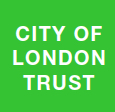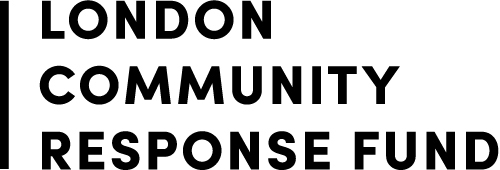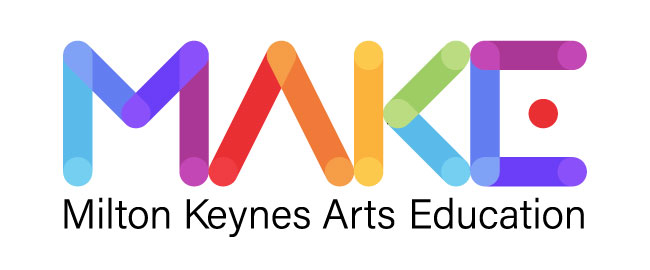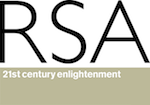Why is an arts education at primary school so essential for cultural understanding?
|
I could give you lots of facts, figures and statistics but they would not convey the passion I feel for how the arts transformed and enriched my life since childhood. So I will share a little of my personal experience and thought.
I still remember my first encounter with a piano when I was four years old. I remember running up to this wonderful instrument at my uncle’s house and banging on the keys so enthusiastically that he received numerous complaints from the neighbours. Somehow I already knew that it was a gateway to a very exciting world of possibility.
There was no turning back. I became a multi-instrumentalist and my childhood was spent not only in various bands and orchestras but also in many other surprisingly related endeavours.
I studied classical piano and flamenco guitar formally from an early age. Best years of my life.
Music ignited my interest in mathematics, drawing, physics, literature and historical narratives. I found mathematical concepts in the music of Bach or Indian classical rhythms. I found myself drawing pictures and lyrics to accompany my musical ideas. I became curious about frequencies, pitch and wave vibrations through the physics of sound. I would often use music to tell stories to other kids or turn the volume down and play along with TV programmes. The patterns and discipline I discovered through musical practice filled me with curiosity about the potential of sound. I found so many wonderful sonic connections between different visual forms through experimentation. Today I write musical soundtracks for these other forms in my work with theatre, film, dance and video games as well as my own albums.
More than all this, I guess I always thought of music as a kind of passport deep down.
In 2001 I travelled around the world and met all kinds of people, jamming on my guitar with everyone from aboriginal tribal elders on the beaches of Arnhem Land to native Americans on snow-tipped mountains near Sacramento, and from samba playing street kids in Brazil to village drummers in Soweto. Each new encounter reinforced my deeply held belief that music is a universal language that bypasses all the false sanctuaries of fear, prejudice and multi-cultural ignorance that seem to be the evermore frequent refuge of politicians and media around the world.
That trip helped me understand the possibilities of transforming childhood dreams into reality through the power and direct communication of music. Music helped me understand the world around me as well as appreciate other art forms. It developed my self-discipline and imagination.
Children need to challenge their imaginations. That is why an early experience and understanding of the arts is always beneficial. A formal education in the arts instils children with confidence and an ability to learn through intuition as well as intellect. It empowers children to understand their own identity and emotions.
Nitin Sawhney has had a career that spans decades of solo albums, film scoring, video game soundtracks, work for dance & theatre, commissions for leading orchestras, television soundtracks, radio broadcasting and live performances around the world. For the above, Sawhney has received a MOBO, 2 Ivor Novello nominations, a Mercury prize nomination, a Southbank show award, a BAFTA nomination, 2 BBC Radio 3 world music awards, a New York Bessie, RTS award and 15 other major national and international awards. Sawhney also holds 6 Honorary Doctorates and is a fellow of LIPA and Southbank University. |
06 May 2015 |















